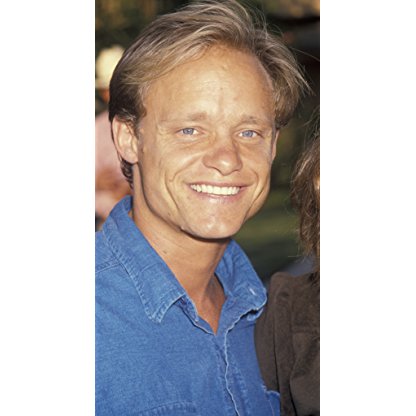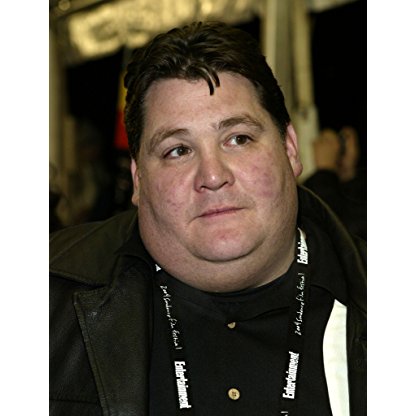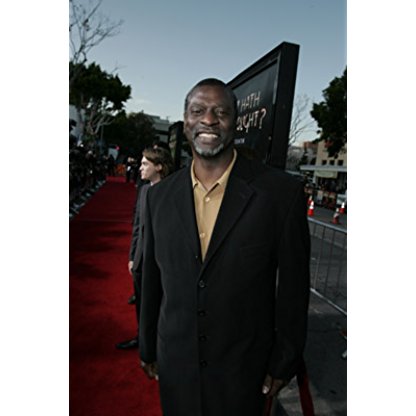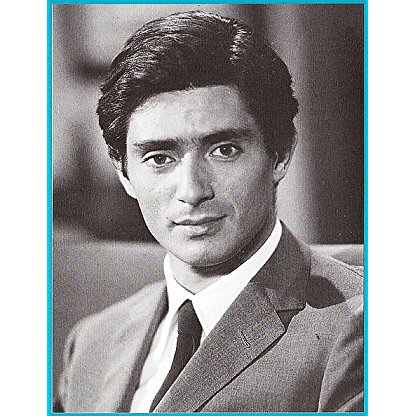With experience under his belt on the off-Broadway circuit, Franklin began his on-screen career with a film called Five on the Black Hand Side in 1973. From there, he acted in a string of guest roles on television shows such as The Rockford Files, Good Times, Caribe, The Incredible Hulk, McClain's Law, and The Streets of San Francisco. Over the years, Franklin’s looks have typically landed him roles portraying men of power, such as members of the police force or military officials. Franklin’s most recognizable acting role was his 1983-1985 portrayal of Captain Crane on the popular action-adventure series The A-Team. After two seasons on the show, Franklin realized that acting had become mundane and unsatisfying to him.









